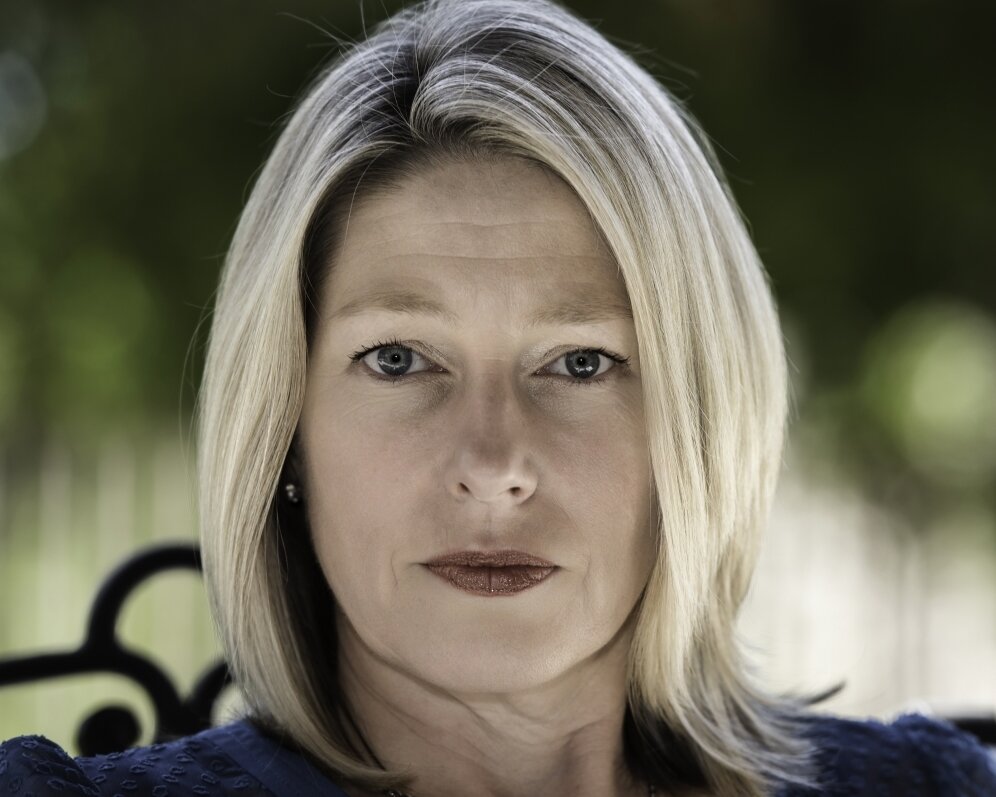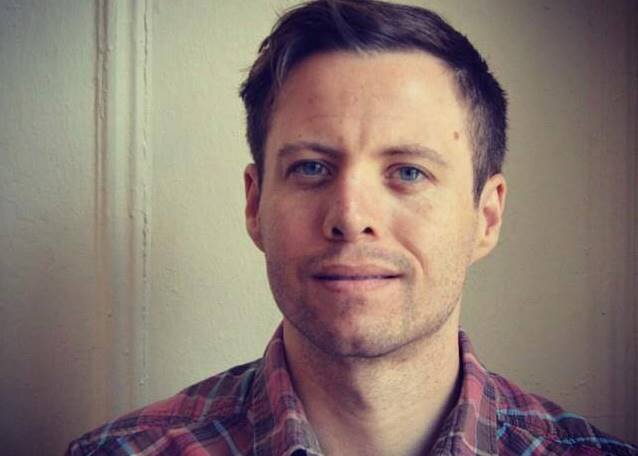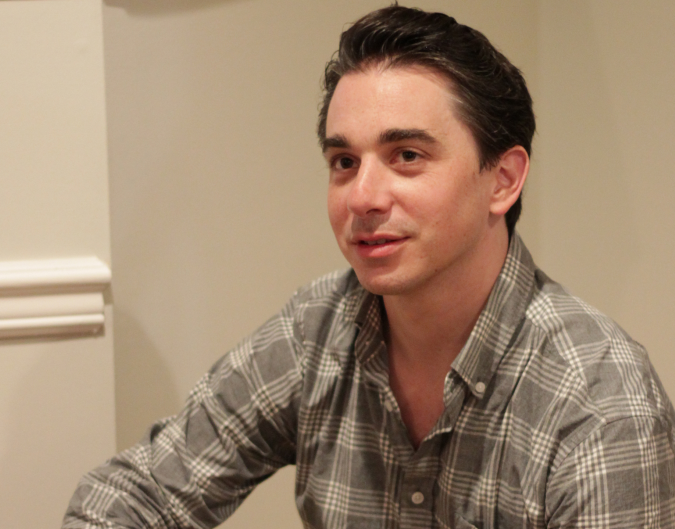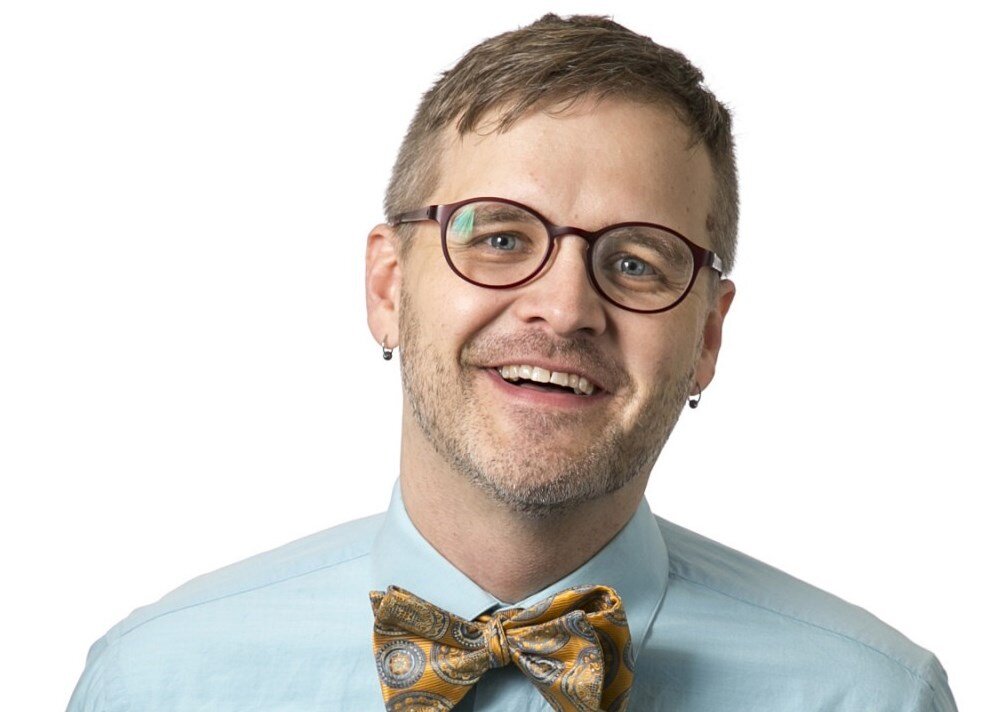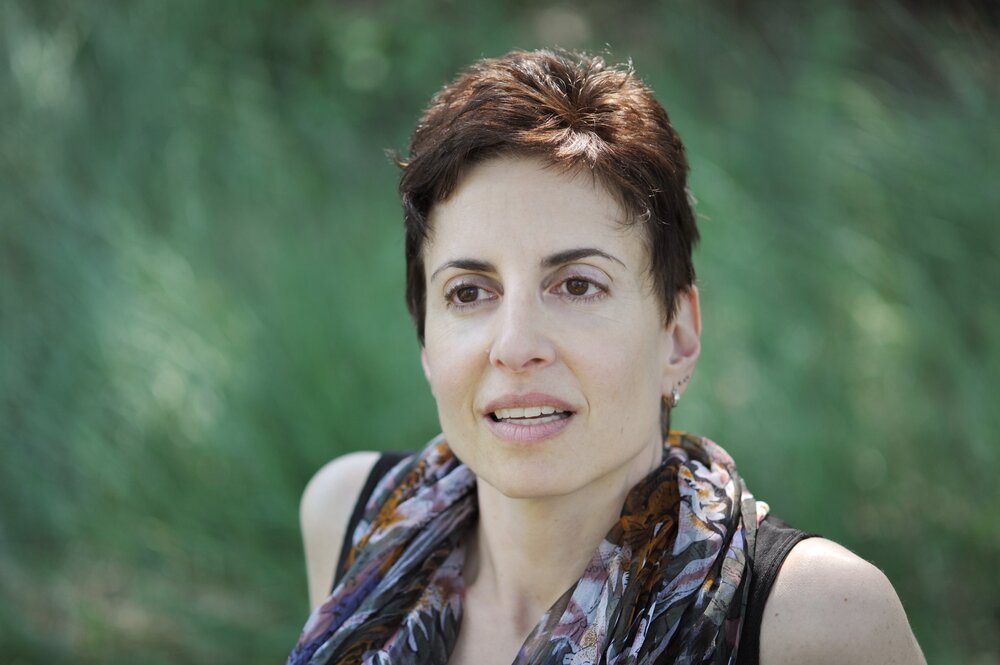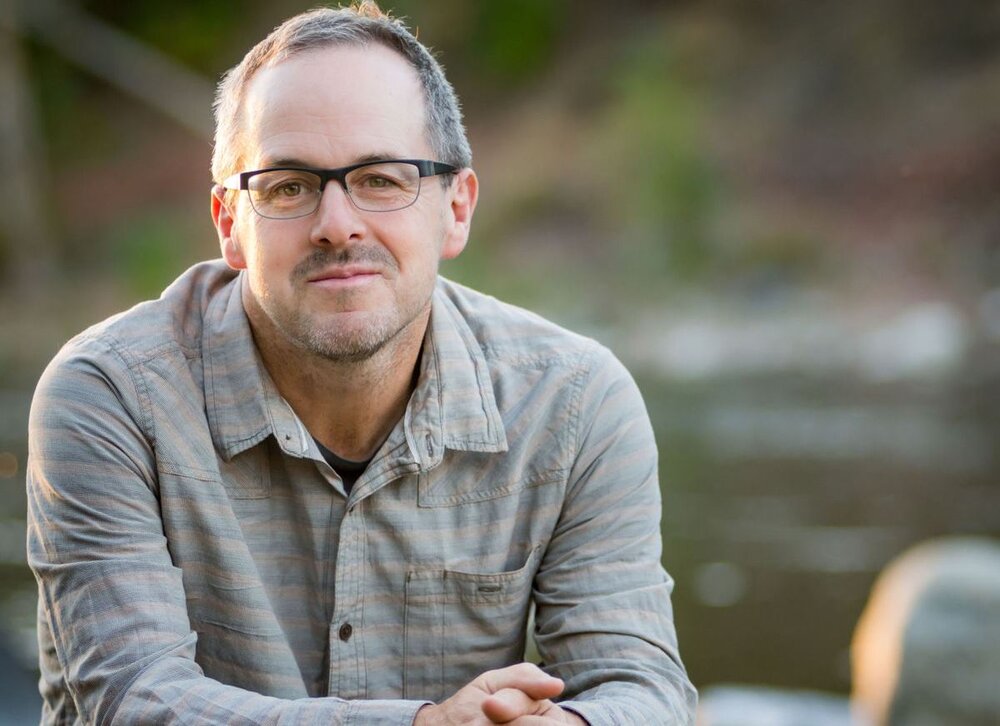 Tod Marshall
Tod Marshall
I thought Primal School must be doing something right when I got an email from Washington State Poet Laureate Tod Marshall expressing his support for the blog and offering to connect. What I didn't expect was to receive an envelope in the mail about a week later with Range of the Possible, a compilation of Tod's own interviews with contemporary poets from Li-Young Lee to Yusef Komunyakaa. Generosity of this kind might very well be part of his incredibly full job description as the appointed ambassador of poetry in our home state. But when I wrote to him with some of my thoughts on the challenges facing poetry in our communities, his response, which startled me with its simplicity and is also captured in this interview, seemed to cut right through the fear and rancor and divisiveness facing our country to something far more essential. Even while noting fiercely (as he does here) the importance of understanding our present problems in historic terms, "I believe, truly believe, that art and kindness are why we exist," he wrote. Everything else, as they say, is technical. — HLJ
===
BIRTHDAY POEM
My mother turned 60 this week,
deep in that stretch where anything
can happen (her mother died at 57).
I'm 42, and Dante's dark forest, well,
let's just say it continues to thicken,
and I know what you spiritual people
are thinking, muttering koans under
your ginger tea breath: it can happen
anytime, anywhere, to anyone, and
that's why the moon doesn't cling
as it slides across the sky. Fine.
Last fall, hiking near Priest Lake,
I came across a teenage boy covered
with blood, sobbing. He held
a compound bow with pulleys
that looked like they could move the horizon
or at least hurl a razor-edged arrow
a couple hundred feet through the breast
and heart of a skinny doe and out again
and into the shoulder of a five-month fawn that
still quivered. Cedar scales
covered the forest floor, a mossy quilt
to hush the pain, and so we pulled
on the shaft, but it was stuck in bone,
and the fawn mewled, moaned, kicked
thin legs, black hooves like chips of coal.
I told the kid to find a big rock. Quick. He did
and held it toward me, somehow confused, and I
tried to smash the skull but missed once,
shattering the eye socket and breaking the jaw,
before ending the pain and walking away among massive trees
that held the sound in the harsh ridges of bark.
Jesus, Mom, I'd meant to write a Happy Birthday poem.
When I'd gone a hundred yards,
the quiet beneath the looming cedars
was the quiet I felt as a child in your arms.
You were a little bit older than that kid. This
is the best that I can do. Above the ancient grove,
tamaracks lit the hillside in an explosive gold
glowing toward dusk. Close your eyes.
You can see them. Keep them closed.
We'll all blow together and make a wish.


